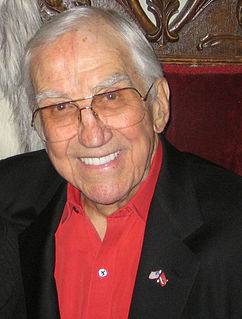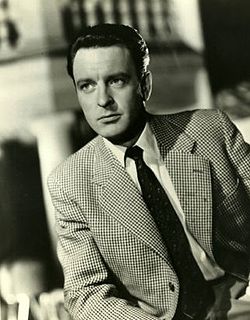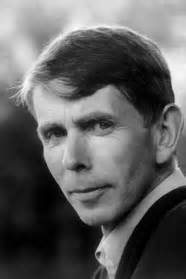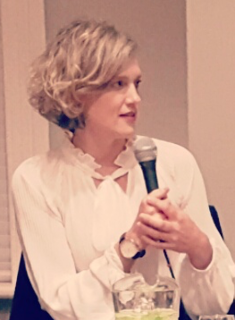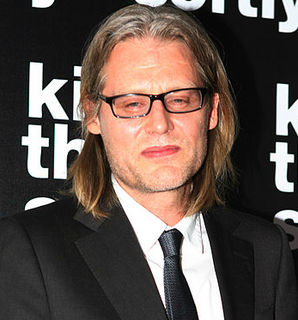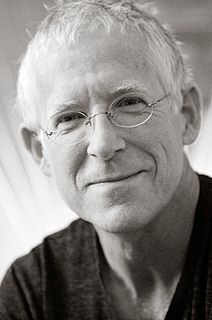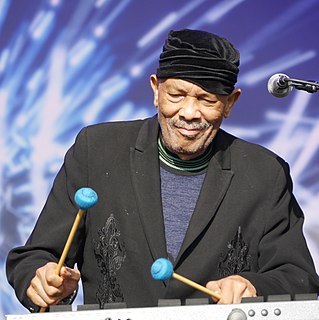A Quote by Margaret Atwood
There's something final about saying you were married once. It's like saying you were dead once. It shuts them up.
Related Quotes
Ever since my children were born, the moment I looked at them I was crazy about them. Once I held them I was hooked. I am addicted to my children sir. I love them with all my heart and the idea of someone telling me I can't be with them, I can't see them everyday. Well, it's like someone saying I can't have air.
All the boys were grown up and done for by this time; so it is scarcely worth while saying anything more about them. You may see the twins and Nibs and Curly any day going to an office, each carrying a little bag and an umbrella. Michael is an engine driver. Slightly married a lady of title, and so he became a lord. You see that judge in a wig coming out at the iron door? That used to be Tootles. The bearded man who doesn't know any story to tell his children was once John.
People give you a hard time about being a kid at twelve. They didn't want to give you Halloween candy anymore. They said things like, “If this were the Middle Ages, you'd be married and you'd own a farm with about a million chickens on it.” They were trying to kick you out of childhood. Once you were gone, there was no going back, so you had to hold on as long as you could.
I was a young feminist in the '70s. Feminism saved my life. It gave me a life. But I saw how so much of what people were saying was not matching up with what they were doing. For example, we were talking about sister solidarity, and women were putting each other down. We were talking about standing up for our rights, and women weren't leaving abusive relationships with men. There were just so many disconnects.
I was less angry at [Carl] Armstrong, though I was angry at the people who came to his trial: Dan Ellsberg, who ordinarily I respected a lot; Philip Berrigan; the guy who teaches at Princeton still - I can't remember his name. And they were saying - well, they were saying, really, what Arthur Koestler had people saying on "Darkness at Noon." The means were unfortunate and, sadly, someone died, but the end is what is important and this was a great symbolic - something or other - sign against the war in Vietnam.
We went to a church that had missionaries who'd come back once a year from Fiji & give talks. I remember one of them saying it was very hard work telling people they were going to lose their everlasting souls if they didn't shape up. I pictured people sitting on the beach listening to this sweaty man all dressed in black telling them they were going to burn in hell & them thinking this was good fun, these scary stories this guy was telling them & afterwards, they'd all go home & eat mango & fish & they'd play Monopoly & laugh & laugh & they'd go to bed & wake up the next day & do it all again.


